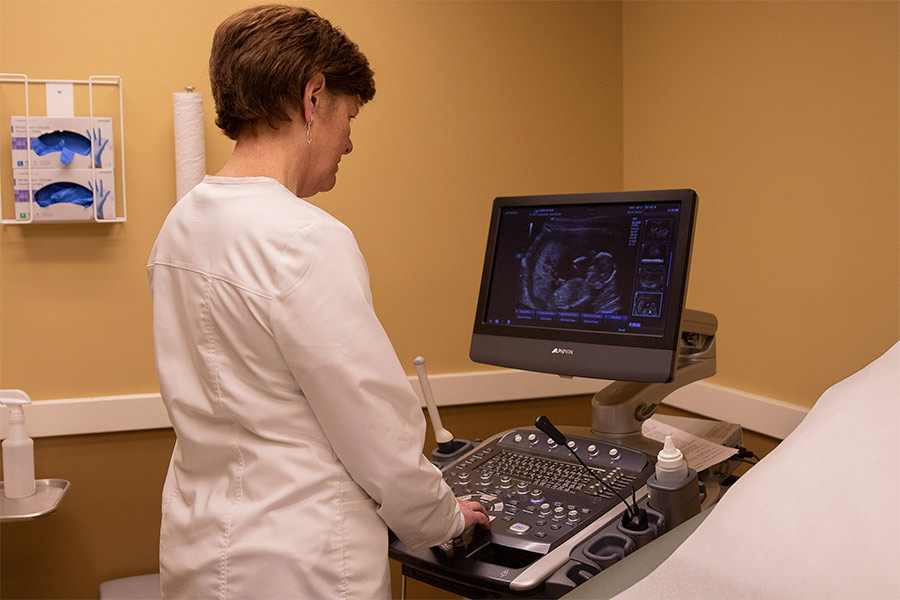
Imagine a prospective employee applying to work for People for the Ethical Treatment of Animals (PETA). A PETA employee decides to interview the applicant, and to learn more about him, the interviewer asks the man what some of his hobbies are.
“I love to go hunting on the weekends,” the applicant replies. “A couple of weekends ago, I scored a huge 10-point buck!”
At this point, you would probably expect that the PETA employee would instantly decide not to hire the applicant. After all, his hobby of hunting cuts directly against PETA’s core mission.
But what if there were a law that could force PETA to hire this applicant anyway? In many ways, this hypothetical resembles a very real scenario currently playing out in New York.
Government meddling
In January 2019, the New York State Legislature passed SB 660. The labor law prohibits employers from making employment decisions based on someone’s “reproductive choices.”
It also forbids employers from requiring employees “to sign a waiver or other document which purports to deny an employee the right to make their own reproductive health care decisions, including use of a particular drug, device, or medical service.” And finally, it forces any employers who issue employee handbooks to “include in the handbook notice of employee rights and remedies under this section.”
In practice, the law requires pro-life organizations, including pregnancy centers and churches, to employ people who expressly violate their mission. It prevents these organizations from requiring employees to commit to their pro-life purpose. And to top it all off, it forces these organizations to praise the government’s requirements by characterizing them as a protection of “employee rights.”
Religious organizations should be free to hire employees who share their beliefs. The government should be protecting this freedom, not forcing employers to employ people who won’t be committed to their core missions.
Three organizations stand up
Alliance Defending Freedom is representing three organizations—CompassCare Pregnancy Services, the National Institute for Family and Life Services (NIFLA), and First Bible Baptist Church—in challenging New York’s law.
First, CompassCare is a pro-life pregnancy center that has served families in New York for over 40 years. The center offers free ultrasounds, STD testing and treatment, care for post-abortive women, and other medical services to New Yorkers across the state.

Next, NIFLA is a membership organization that includes both medical and non-medical pro-life pregnancy centers. The organization provides these centers with the legal resources and counsel they need to pursue their pro-life mission, and it has 41 member centers in New York.
Finally, First Bible is a Baptist church located in Hilton, New York. It exists to spread the Gospel to the greater Rochester area, and it holds to the belief that all life is precious, created by God, and worthy of protection.
Each of these organizations is dedicated to protecting life, but New York’s law would force them to employ people who do not share that vision. That’s why ADF attorneys filed a lawsuit challenging New York’s law on behalf of these organizations.
Targeting religion
The New York State Assembly and State Senate both said SB 660 was meant to “ensure that employees or their dependents are able to make their own reproductive health care decisions without incurring adverse employment consequences.” But this is a solution for a problem that never existed.
State Sen. Jennifer Metzger, who sponsored SB 660, was unable to provide a single example of an employer discriminating against employees for their “reproductive decisions” during her floor speech. Assemblywoman Ellen Jaffee, the main sponsor of the bill in the Assembly, also provided no examples.
In reality, SB 660 was designed to discriminate against pro-life organizations for their beliefs—a fact evidenced by Assemblywoman Jaffee’s conscious decision to ignore the ministerial exception to the First Amendment.
The ministerial exception protects religious organizations from unjust governmental interference in employment decisions. But the sponsors of SB 660 purposely failed to include such an exception in their law.
Assemblywoman Jaffee made it clear that the law does not exempt religious organizations. She explained that SB 660 “does not contain any mention of religious beliefs. The First Amendment’s ministerial exception may be used as a defense in court, but it’s not a jurisdictional bar . . . for bringing a discrimination claim against an employer.”
In other words, while the sponsors of SB 660 knew the law likely violated the First Amendment, they chose not to provide any religious exceptions—forcing religious organizations to pursue costly litigation to defend the rights that are guaranteed by the U.S. Constitution.
Thankfully, ADF defends clients from unconstitutional actions at no cost to them. After ADF attorneys filed a lawsuit challenging SB 660, a federal district court struck down the requirement for religious employers to advocate for the law in their employee handbooks. But the court failed to strike down the rest of the law, prompting ADF attorneys to appeal the decision.
Case timeline
- January 2019: The New York State Legislature passed SB 660, which forces pro-life organizations to hire employees who do not share their beliefs.
- November 2019: ADF attorneys challenged the law on behalf of CompassCare, NIFLA, and First Bible.
- March 2022: A federal district court struck down the requirement for religious employers to advocate for the law in their employee handbooks, but it left the rest of the law in place.
- April 2022: ADF attorneys appealed the ruling to the U.S. Court of Appeals for the 2nd Circuit.
- December 2023: The 2nd Circuit heard oral arguments in the case.





